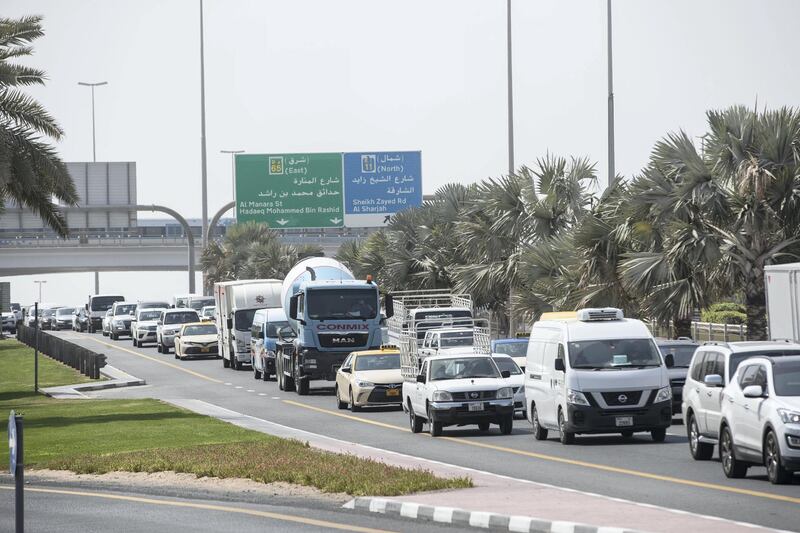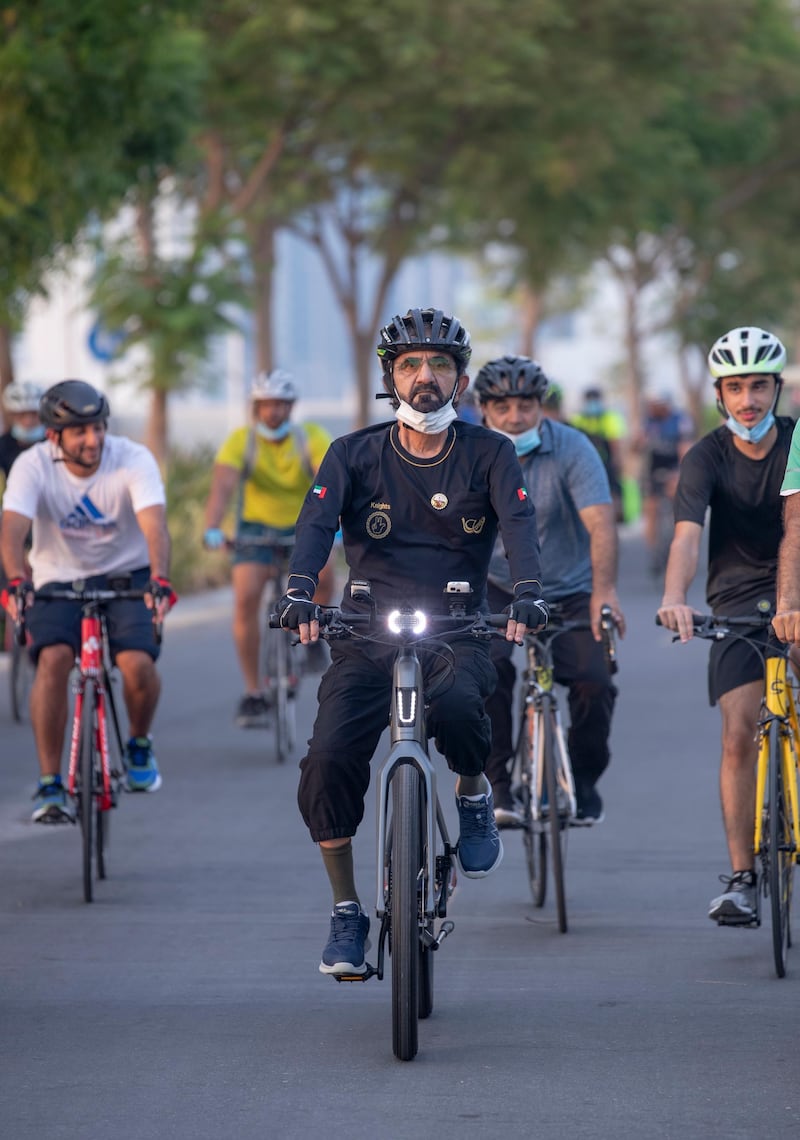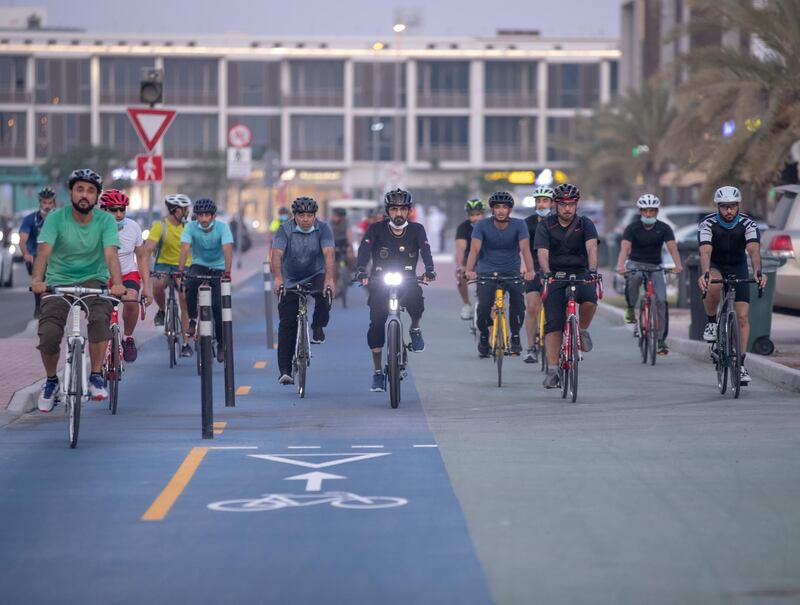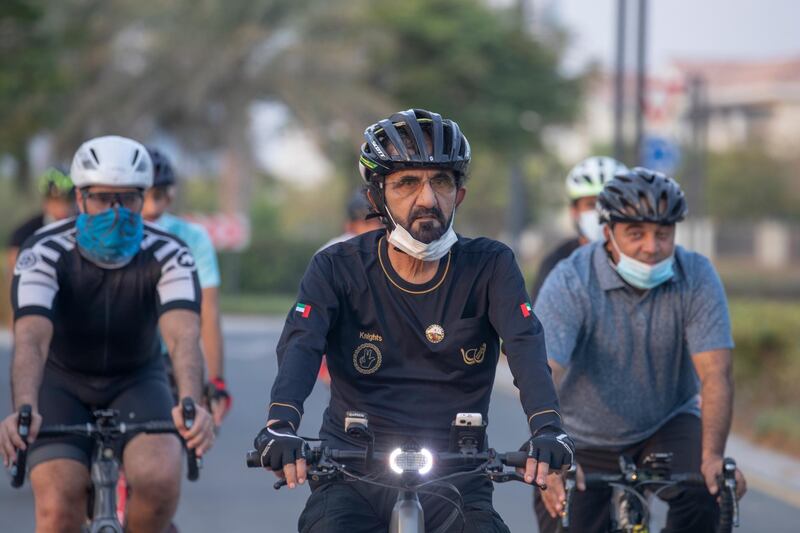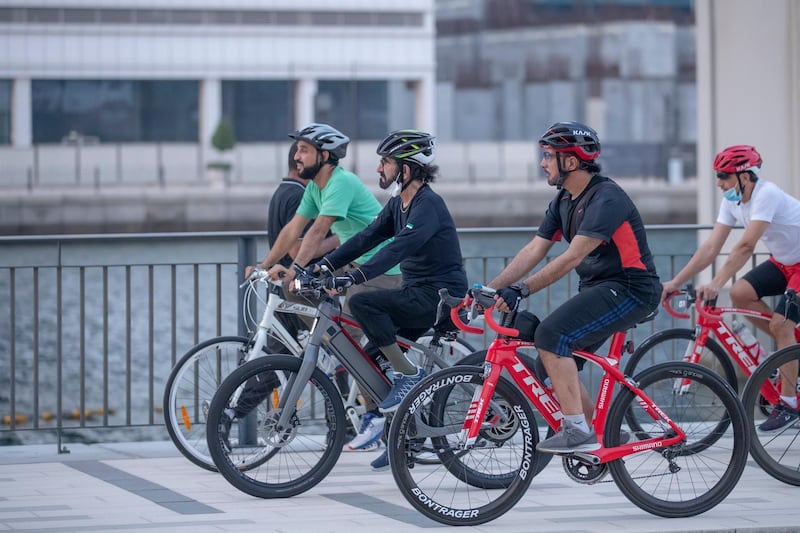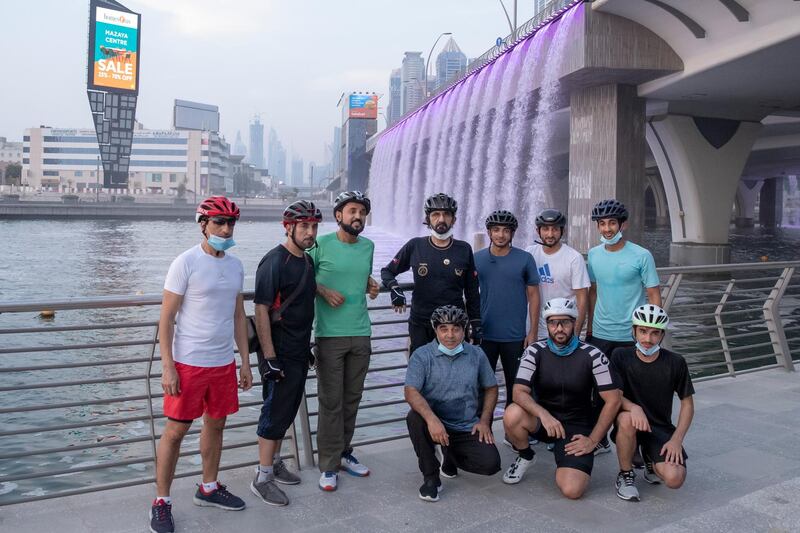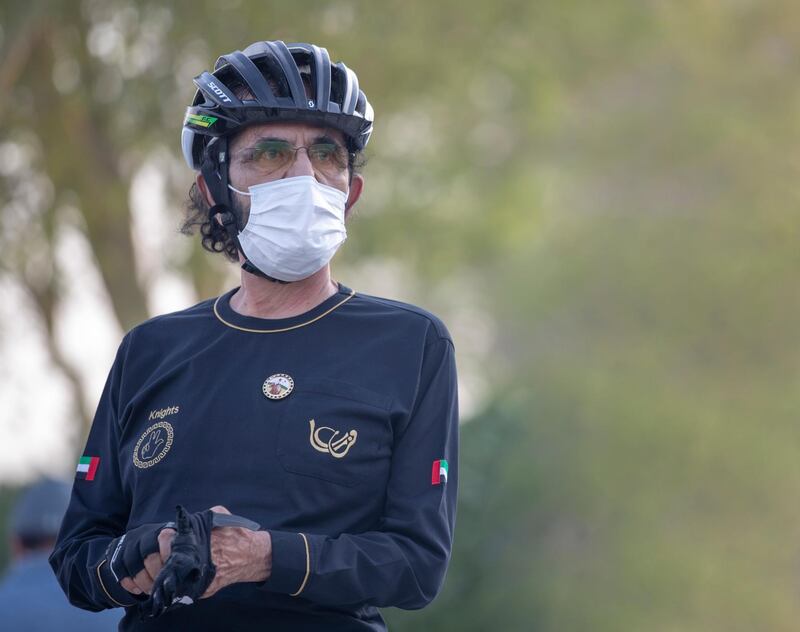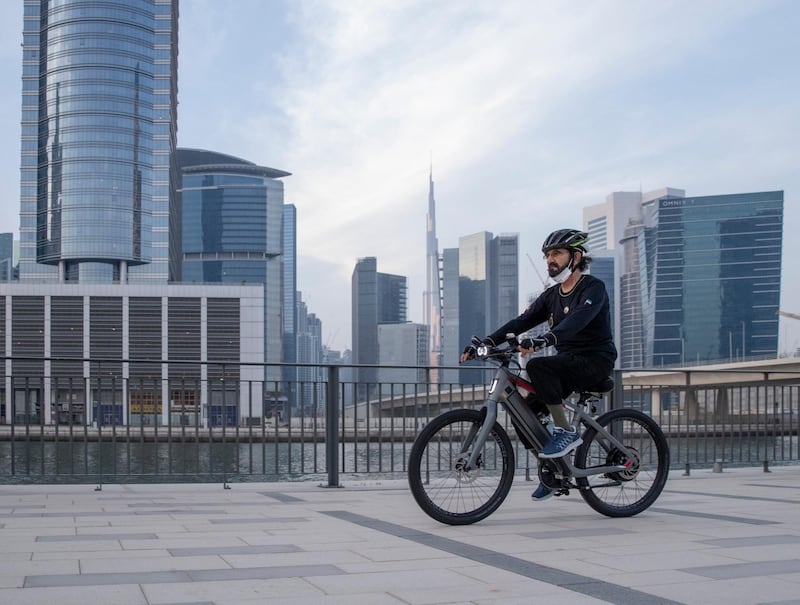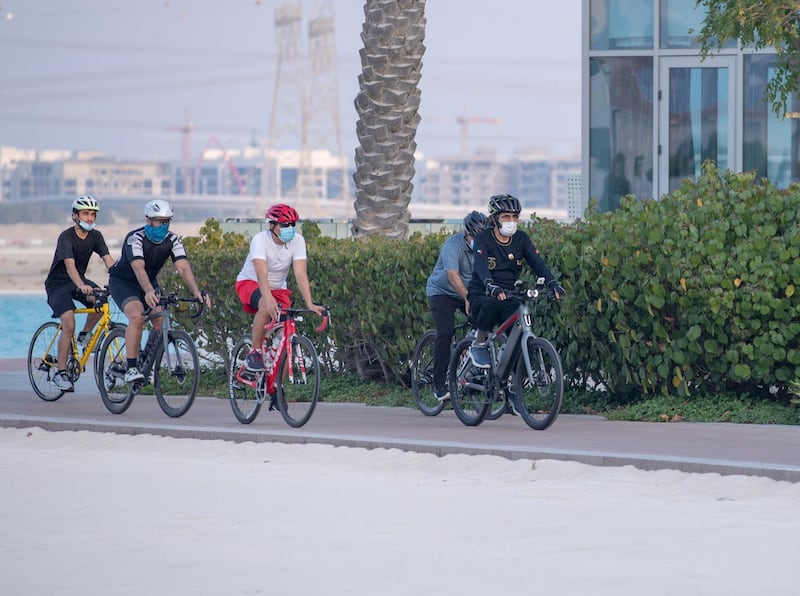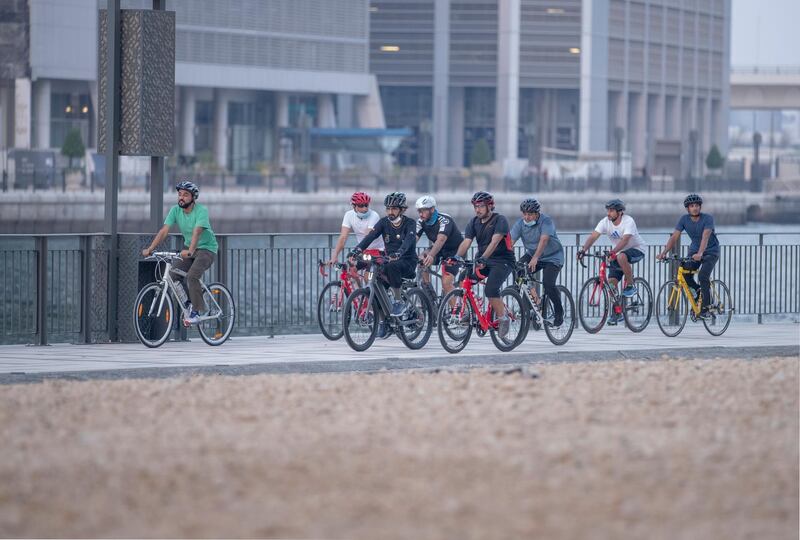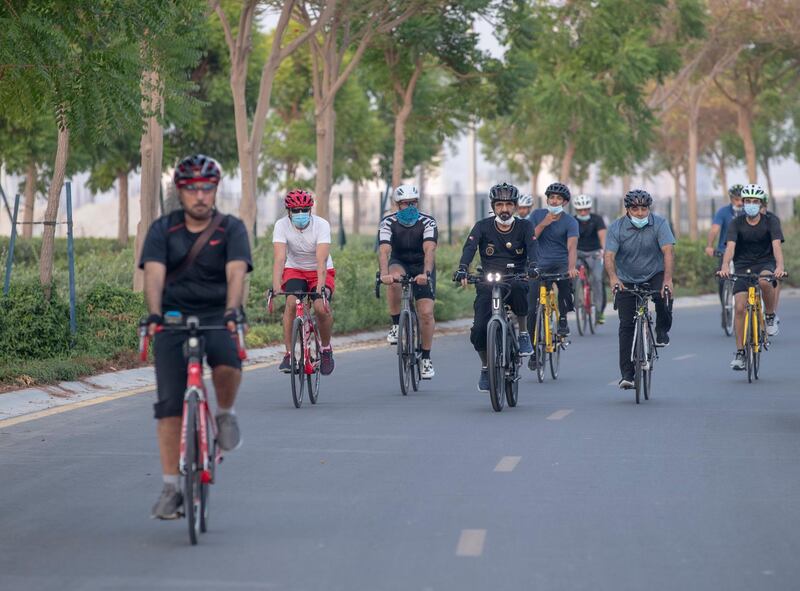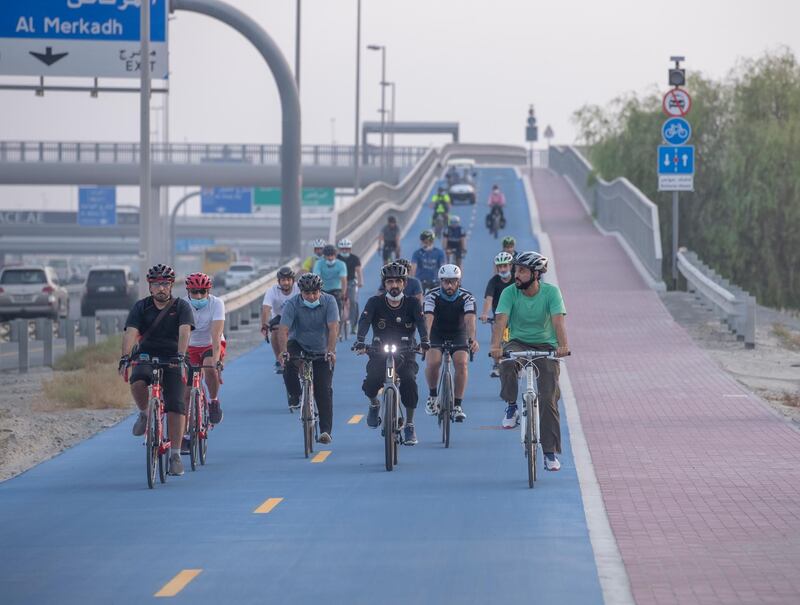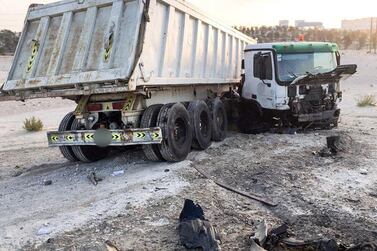A decision to give Dubai government employees flexible working hours could consign morning traffic gridlock to the past, transport experts said.
Public sector workers will have the option to begin work at any time between 6.30am and 8.30am from Sunday, August 16.
The decision could reduce accidents on the city's roads, caused by frustrated drivers rushing to make it to offices on time, said Thomas Edelmann, founder of campaign group Road Safety UAE.
“It is an important step in reducing the morning gridlocks as much as possible,” he said.
“There are a number of benefits to this including the reduction of dangerous behaviour from motorists.
“It will save companies time and money as well, if staff members are not late for work because they have been stuck in long traffic jams.”
Government workers can adopt new flexible working hours from Sunday, August 16.
Private school regulator, the Knowledge and Human Development Authority (KHDA), recently said parents will have the choice between continuing distance learning or sending their children back into classrooms, when the new school year starts.
Mr Edelmann said this would also have a positive impact on reducing the level of morning traffic and improving pupil safety.
Road deaths have fallen sharply over the past decade, but on average eight people died every week in 2019 in the UAE.
“It’s too early to say but one of the few positives that have came out of Covid-19 is that companies have reconsidered how they do business,” he said.
“The pandemic has fostered substantial changes that won’t go away.”
Mr Edelmann, a management consultant who has worked for major corporations, said remote working led to a rise in productivity in many sectors.
“People are saving a significant amount of time by not having to travel so much, especially to and from the office,” he said.
“People are working so much more efficiently because they are spending less time on the commute and having to travel to meetings.”
A 2019 study by the World Economic Forum (WEF) said that offering flexible working hours was a much simpler way to reduce traffic congestion than traditional methods such as building more roads.
The study said that technology had meant it was no longer essential to travel to a fixed-point for work.
It added that laptops, high-speed internet and cloud access were now more essential than having access to transport for most professions.
The flexible working model has already been adopted by some countries around the globe.
Finland introduced the Working Hours Act in January. This gave the majority of full-time employees the right to choose where and when they worked for at least half of their working hours.
Another road safety expert said that flexible working hours had been discussed as a method to reduce traffic congestion in the UAE for more than 15 years.
However, it was not until the Covid-19 pandemic that most companies felt the time was right to allow staff to work remotely, said Saleh Jafar, president of the Gulf for Yasa road safety group.
“We’ve already seen a 20 to 30 per cent drop in the level of traffic in Dubai since people started to work from home more,” he said.
“Road safety is not the only area that has benefitted as there are huge advantages to the environment when there are fewer cars on the road.”
He said the onus was now on the private sector to follow the example of the Dubai government and make flexible working hours official policy.
“We need to look at the number of buses and trucks owned by private companies in Dubai,” he said.
“Buses transporting labourers are still being involved in a significant amount of accidents so there is a need to review the timings of when they are on the roads.”
